On September 5, 2018, the US Department of Agriculture (USDA) and Food and Drug Administration (FDA) officials met with US pork sector groups, including the American Association of Swine Veterinarians, National Pork Board, National Pork Producers Council, and Swine Health Information Center to discuss additional measures to prevent the spread of African swine fever (ASF) to the United States. The disease is currently active in China and some European countries. This document captures the prevention segment of the discussion. More information on diagnostic preparedness, surveillance, and response will be provided soon.

Copyright 2025 | Swinehealth.org | Website by Heartland Marketing Group